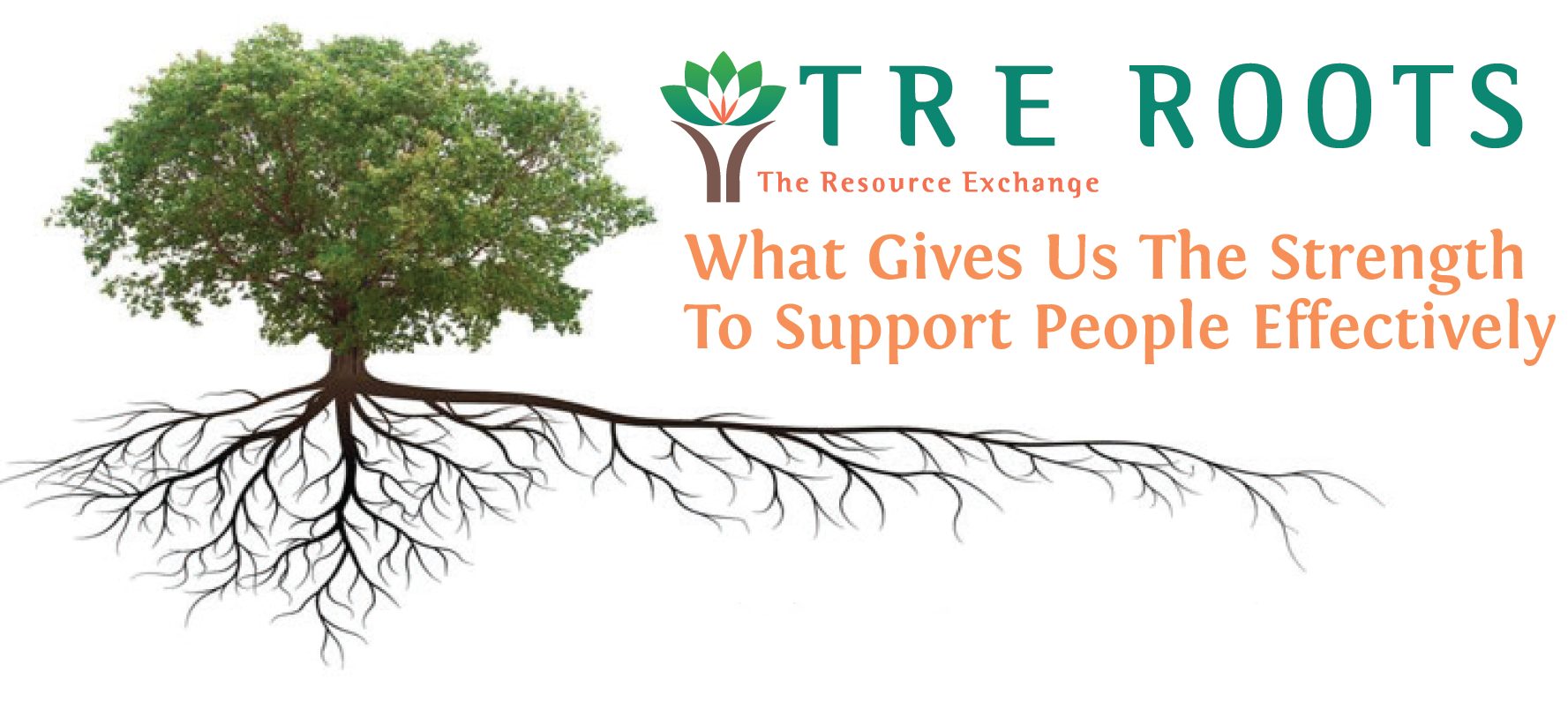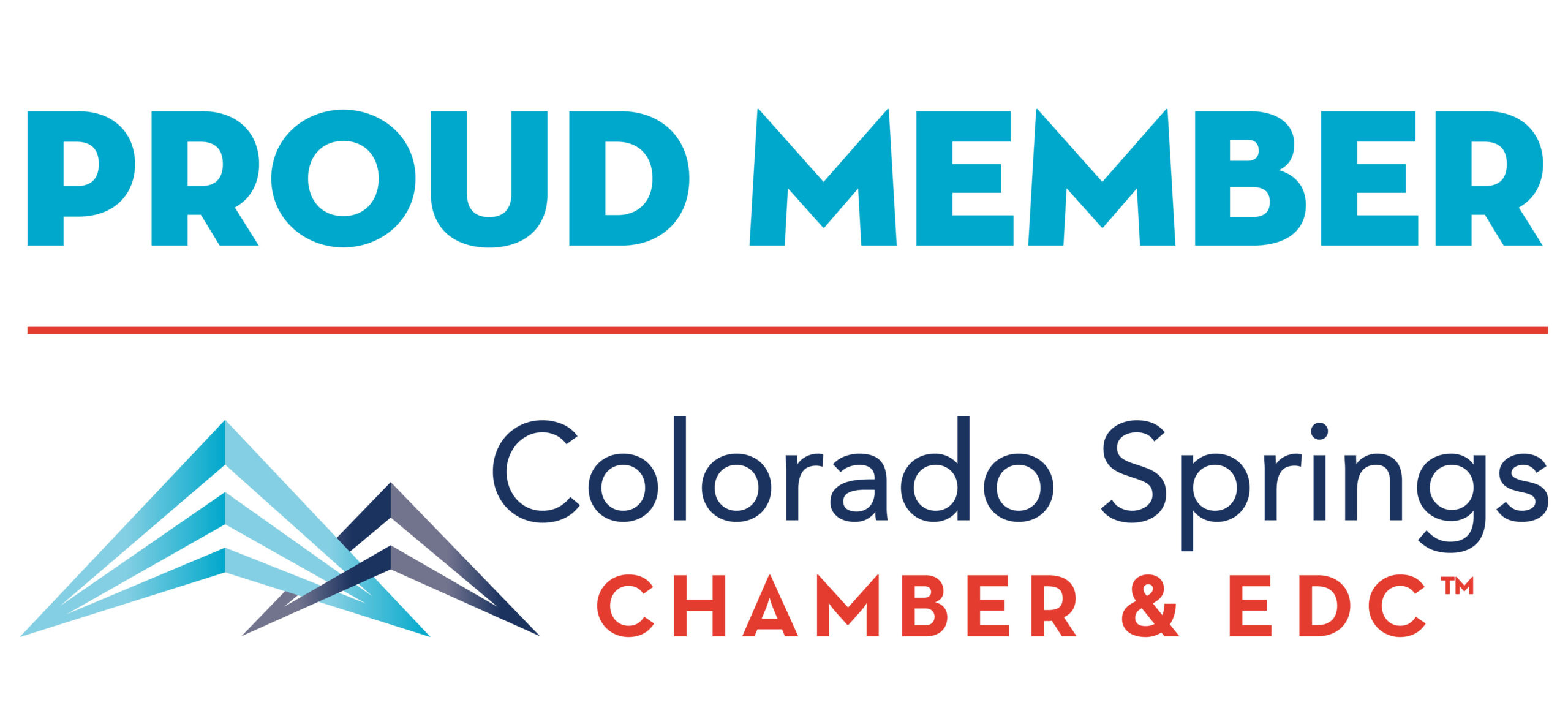

We are proud to share the next in our series of TRE’s cultural “roots”, guideposts that have been identified by TRE as critical to our work. Read more about this organizational effort at www.tre.org/blog-tre-roots/.
TRE Root #24: Hold Yourself Accountable
If you make a mistake, take ownership, learn, apologize, and make it right. Set high goals, use measurements to track progress, and hold yourself and others accountable for achieving results and outcomes.
I have had some staff ask me as we have initiated our Cultural Roots why we are doing this and why it is important. The behaviors described in our cultural roots are the actions we should observe if we are living our culture. They are how we make our values visible to others. Greg Bustin provides the following graphic to understand the connection of our values to our ultimate success.
Values → Behaviors → Culture → Results → Brand
Our values are expressed in our behaviors. Our collective behaviors demonstrate the culture of TRE. A high performing culture drives our results for people. Results demonstrate the quality brand of our organization. Accountability is an essential component of ensuring a high performing culture. Accountability is answering the question, “Are we doing what we say we are doing and are we doing it well?” Greg Bustin also describes 7 Pillars of Accountability – as you can see, the acronym spells Culture:
- Character
- Unity
- Learning
- Tracking
- Urgency
- Reputation
- Evolving
I tell staff, accountability starts with “You.” That means it starts with Me and each and every one of You. If you do not Hold Yourself Accountable, you cannot ultimately fulfill the Roots I believe are foundational to our success for people who need us to be our very best. Hold Yourself Accountable means asking whether your actions are consistent with your values, beliefs and goals. Take ownership of mistakes when you make them and actively learn from them. Set goals for yourself and track your progress toward those goals. Your ability to Hold Yourself Accountable contributes greatly to the level of performance of your team. High performing teams are also very strong at holding one another accountable in respectful and supportive ways. Greg Bustin offers 5 characteristics of a high-performing team that connect directly to accountability:
- Clear common goal – Everyone knows the goal, believes in the goal, and understands the plan to attain the goal.
- Clear roles – Each person on the team has specific responsibilities and each person has specific deliverables to help the team achieve the goal.
- Clear deadlines – Without a specific deadline, your goal is just a dream.
- Trust + Respect – The two are inseparable. You may respect someone’s ability but if you believe their goal is at odds with that of the team, their ability counts for little. Respect is a head thing. Trust is a heart thing.
- Fun – The team should also have fun or at least achieve a sense of fulfillment to bolster the connection and commitment of members.
Accountability is not about punishment or micromanagement. It is about using the learning and coaching opportunities presented to us when things are not occurring in the way we need to produce good results for people. It is also about Celebrating Success when we observe the positive results of demonstrating our values through our behaviors. Accountability is a strong support system.
Individual commitment to a group effort – that is what makes a team work, a company work, a society work, a civilization work.
– Vince Lombardi
In order to Hold Yourself Accountable and support others to do the same, we must practice the Root Speak Straight – Radical candor with personal caring, and make sure we Clarify Expectations. We must Make Quality Personal and be willing to stay in a learning mindset – Seek Knowledge and Share Knowledge. We must behave according to our values and Honor Our Commitments.
As you go through your work:
- Talk within your team – what is the best work team experience each of you have ever had? What were the characteristics of this team? What similarities and differences do you hear across the experiences of the members of your team?
- Reflect on your values and your goals – personally and professionally. In what ways are you making those values visible to others? Are your actions consistent with your beliefs and goals? Are your actions driving towards your goals?
- Share your experience with a high performing team. How did that experience feel for you?






Leave a Reply